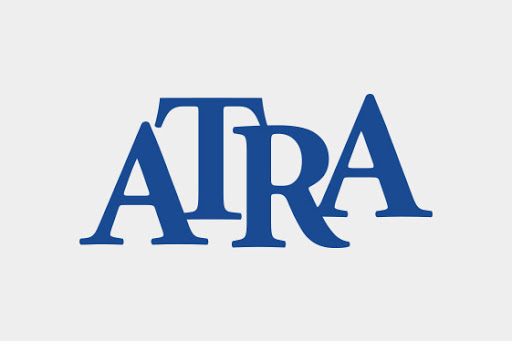‘Highly Unusual’ Rehearing of Louisiana Case Raises Judicial Independence Concerns
Louisiana Supreme Court Waffles Under Political Pressure, ATRA Brief Urges Court to Stand Strong

Governor Jim Justice signs four key bills aimed at improving the state’s civil justice system
West Virginia made great strides in reforming its civil justice system this year by passing a handful of laws to address shortcomings in its legal system.
In total, the legislature passed and Governor Jim Justice (R) signed four key bills.
“West Virginia has come a long way in the past 15 years since its days as the worst ‘Judicial Hellhole®’ in the country,” American Tort Reform Association President Tiger Joyce said. “This year’s bipartisan efforts in the legislature and prioritization of legal reform by Governor Justice will safely keep the Mountain State off the list of ‘Judicial Hellholes®’ this year.”
Senate Bill 439 was signed into law Monday. The bill, sponsored by Senator Chandler Swope (R-Mercer), will allow juries to hear evidence about seat belt use or non-use in civil cases. Seat belts are required by law in West Virginia and often affect injuries sustained in motor vehicle accidents.
“This bill will create a more balanced civil justice system in West Virginia by empowering juries with critical information,” Joyce said. “Juries need all the relevant information in a case at their disposal and now they will be able to more thoroughly analyze the situations before them.”
Legislation to establish an intermediary court of appeals, Senate Bill 275, was also recently signed into law. The bill was sponsored by Senate President Craig Blair (R-Berkeley) and will bring West Virginia’s civil justice system in line with the majority of states. It is currently one of only a small group of states that does not have an intermediate court of appeals.
A key bill changing how asbestos lawsuits are filed in West Virginia was also signed into law last week. House Bill 2495, sponsored by Delegate Steve Westfall (R-Ripley) will address the practice of “over-naming” defendants in asbestos lawsuits.
“This bill will help lower the overall costs of litigation in West Virginia by ensuring lawyers filing asbestos lawsuits do in fact have evidence against each individual defendant rather than dragging multiple defendants into court and attempting to build a case against them later,” Joyce said.
Last month, Governor Justice also signed into law a bill related to COVID-19 liability. Senate Bill 277 was sponsored by Senate President Blair and will limit liability related to exposure or premises, products and medical situations.
“Thanks to the efforts by the legislature and the Governor, businesses and individuals who have been hit hard by the pandemic will be protected from unnecessary and expensive lawsuits,” Joyce said. “The great work lawmakers put in to address these legal reforms does not go unnoticed. West Virginians will reap the benefits of a more efficient and balanced legal system for years to come thanks to the progress made this year.”
Louisiana Supreme Court Waffles Under Political Pressure, ATRA Brief Urges Court to Stand Strong
Left unchecked, these jurisdictions will continue dragging down economic growth and undermining justice through rampant lawsuit abuse.
Claimants Given Opportunity to Vote on Plan; Judge to Reconsider Scientific Validity of Plaintiffs’ Experts
Legitimate consumer protection demands sound science and impartial analysis — not distorted data designed to manufacture lawsuits.
Law Firms Spent $168M+ on 2.2M Ads in Georgia
ATRA’s Latest Studies Reveal Financial Influence and Lack of Transparency in Pennsylvania’s Campaign Finance Systems